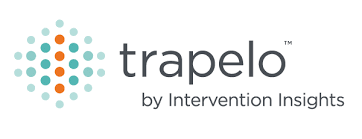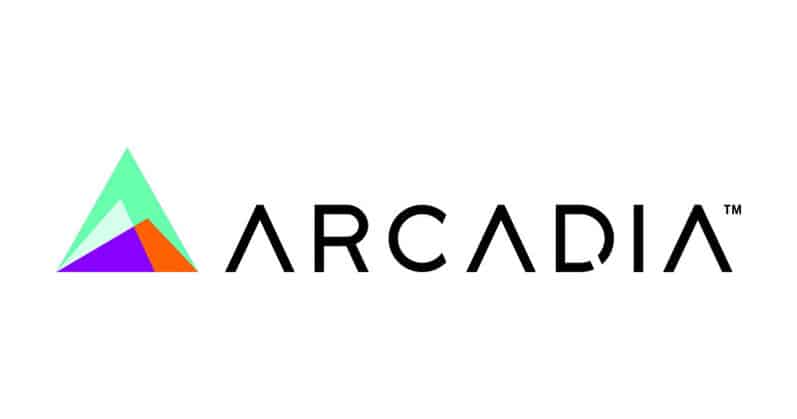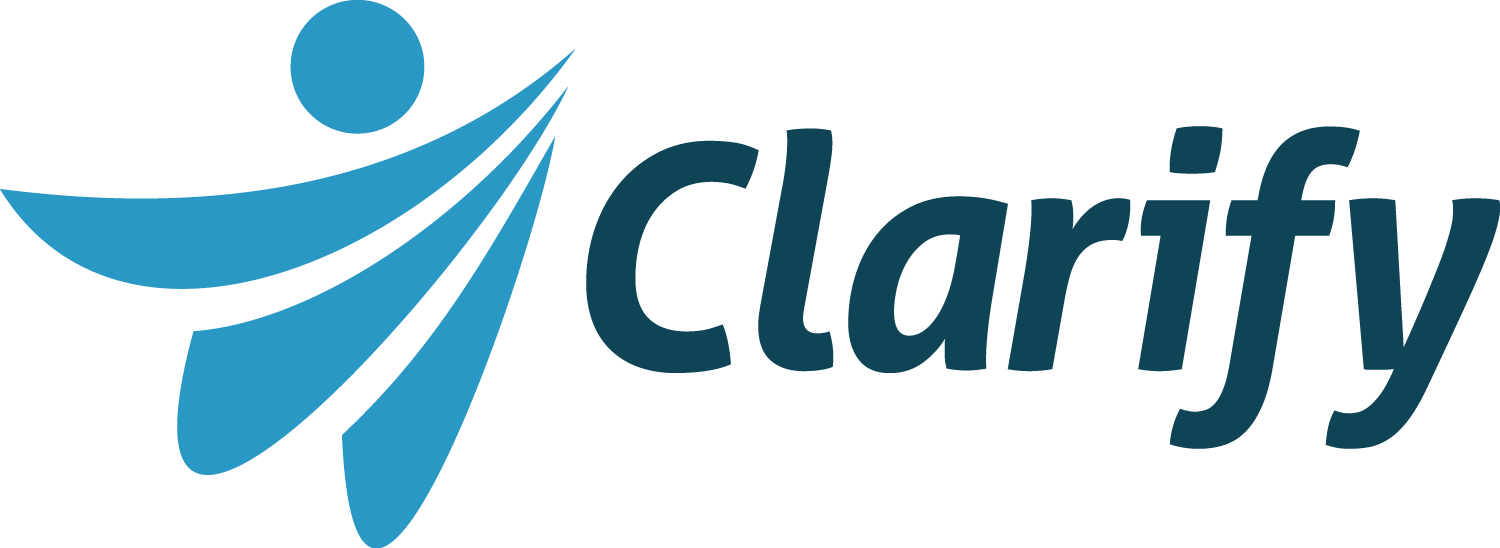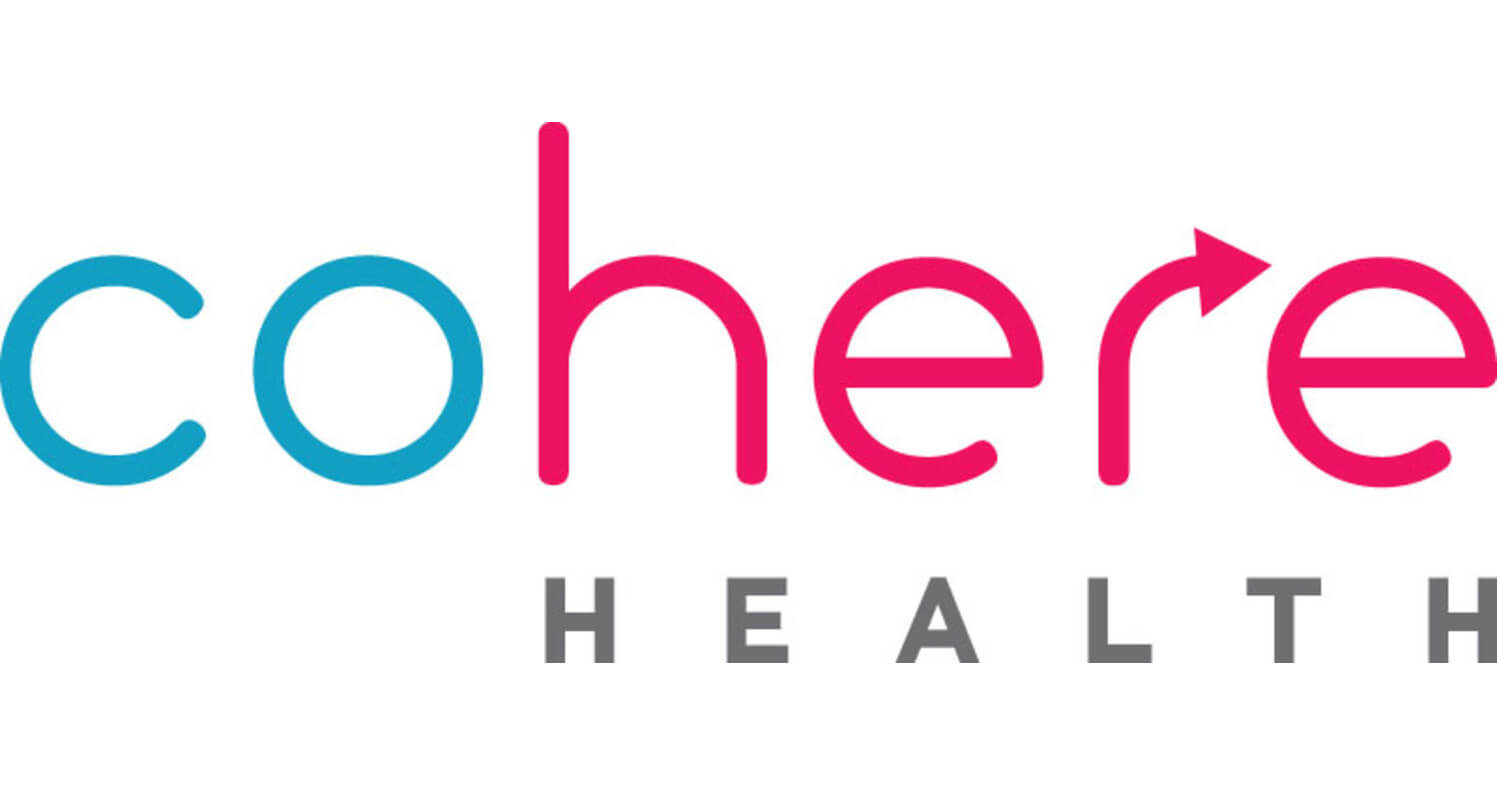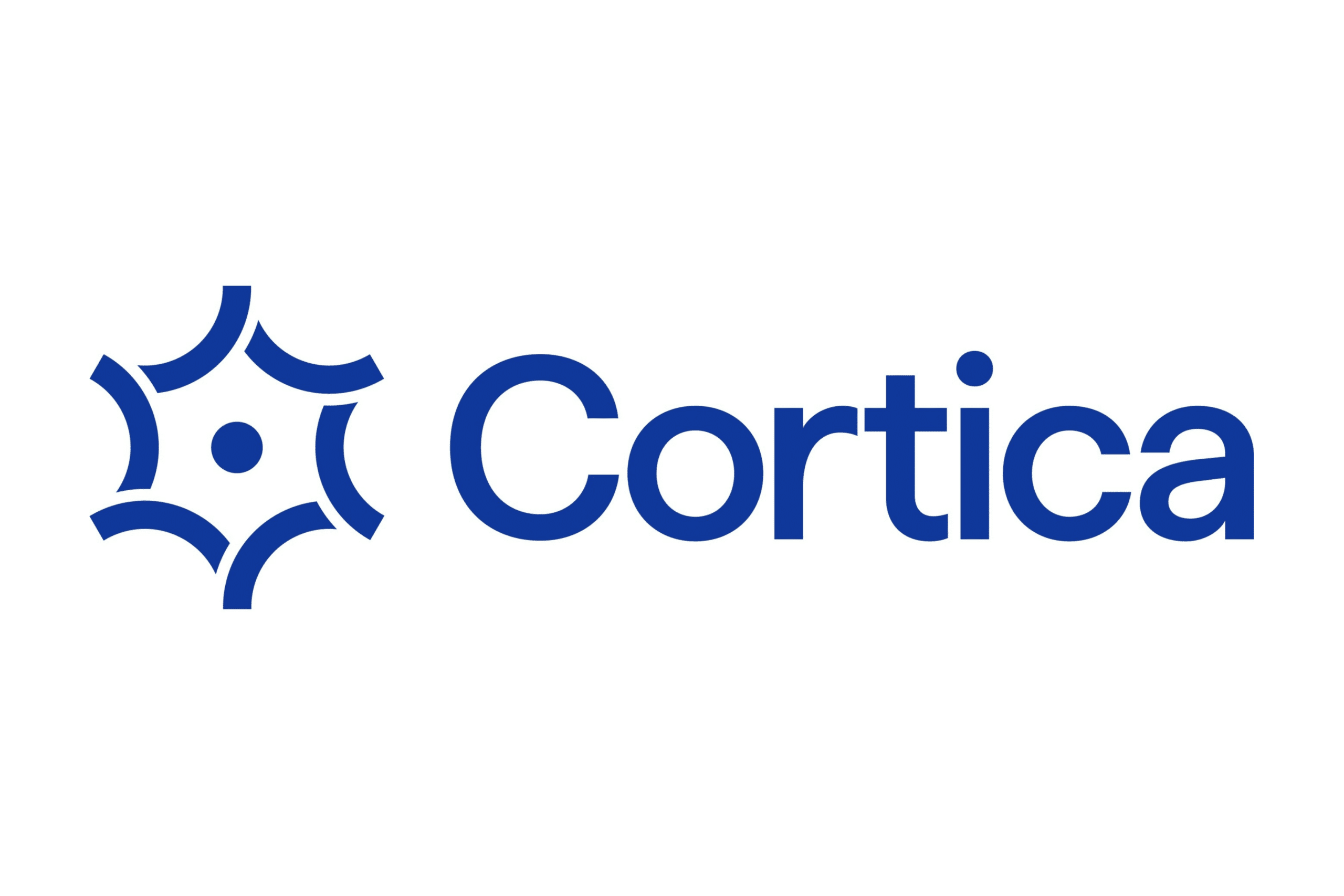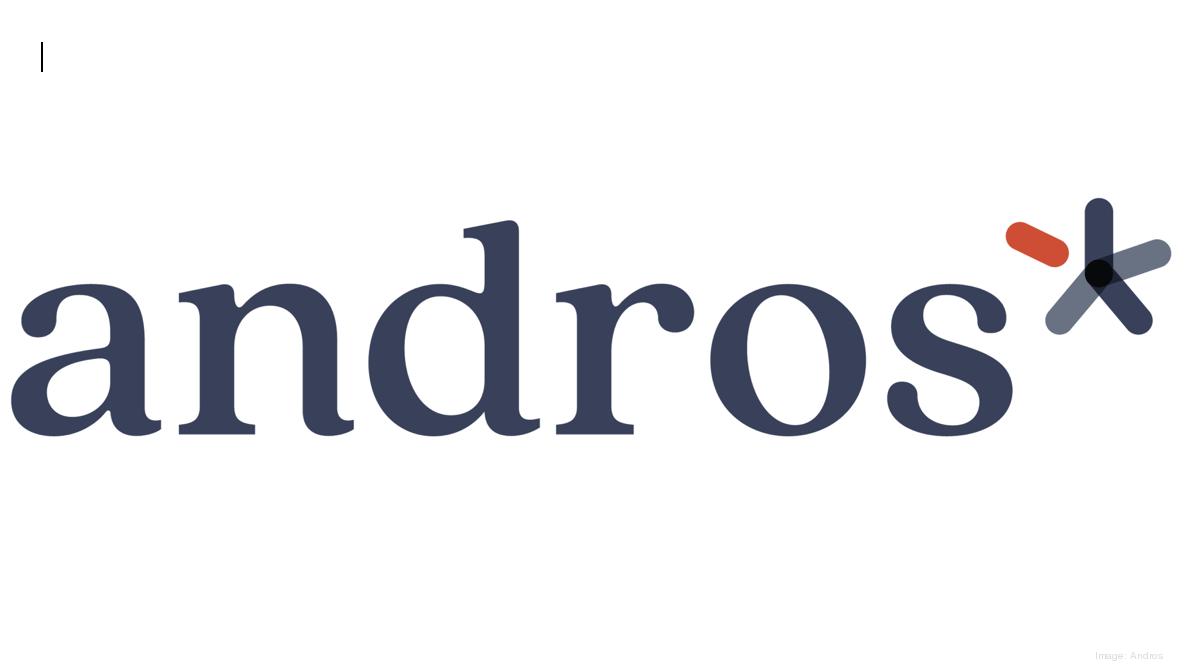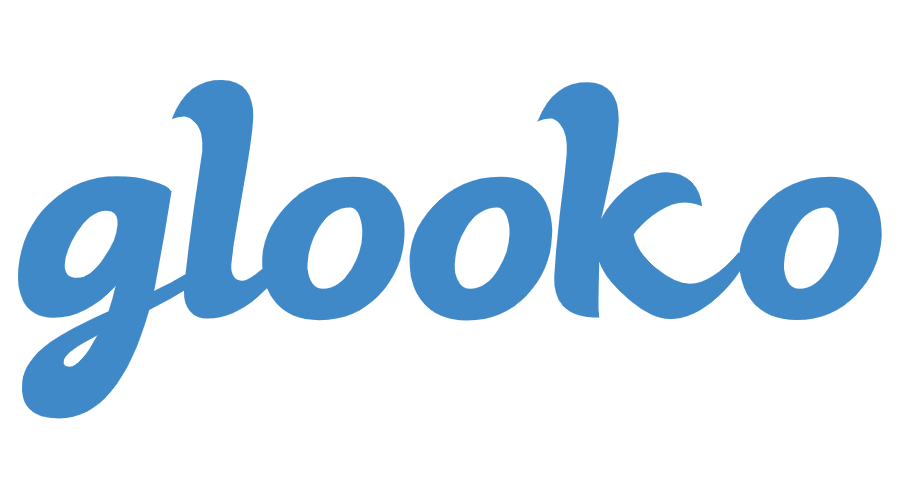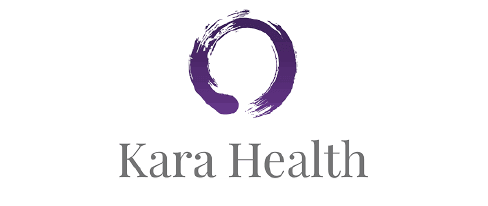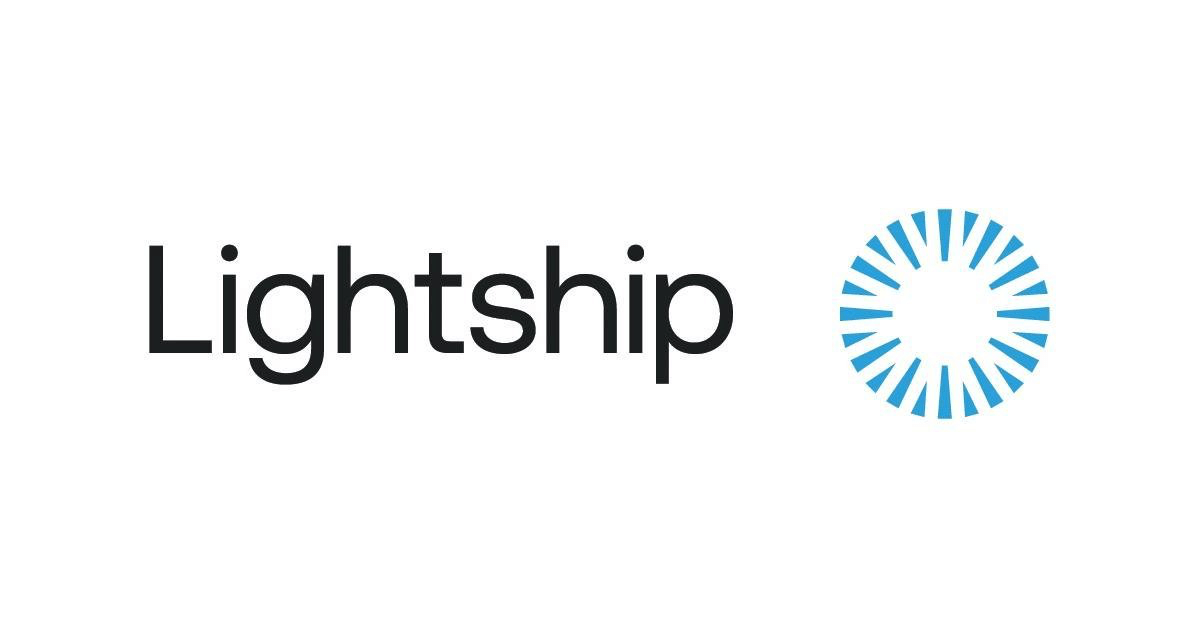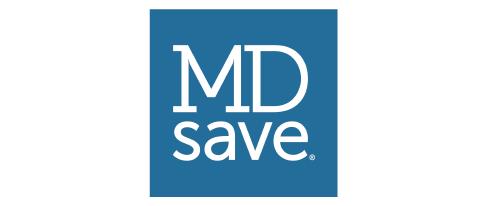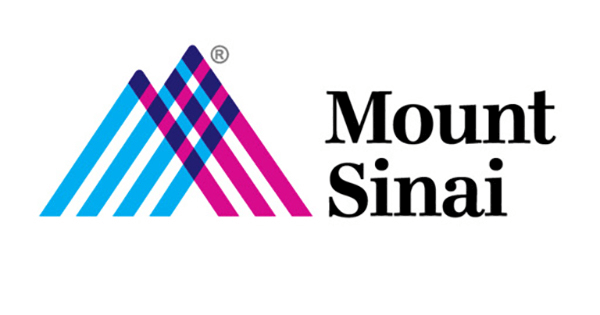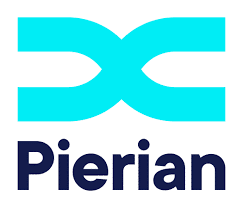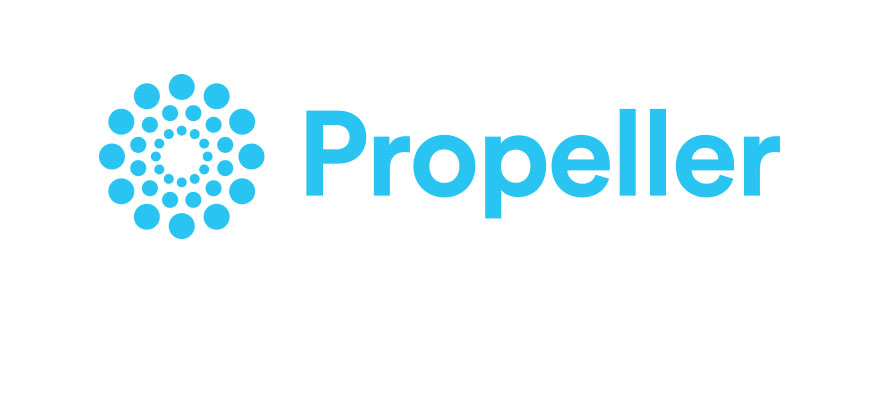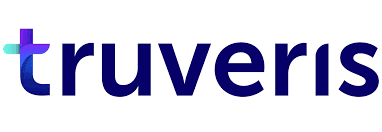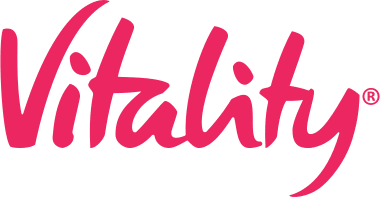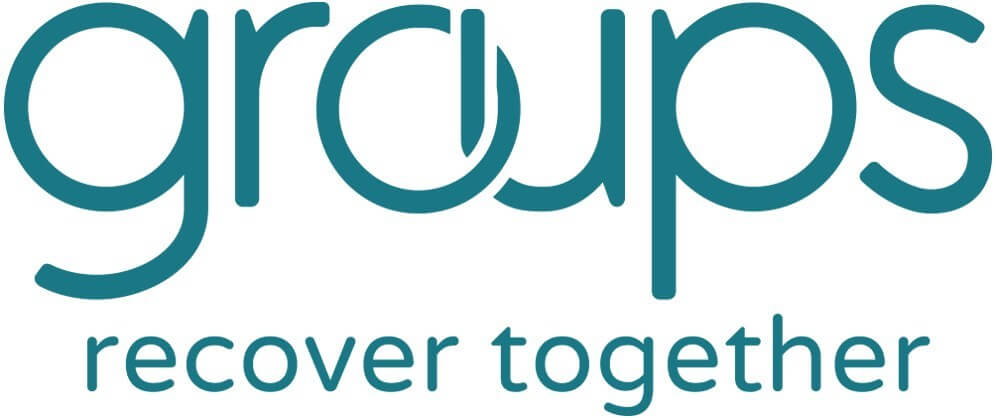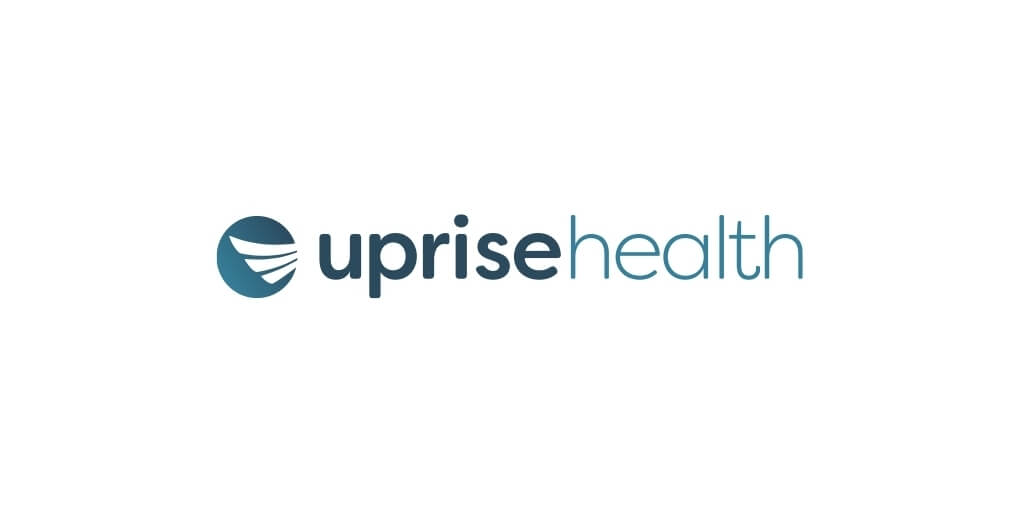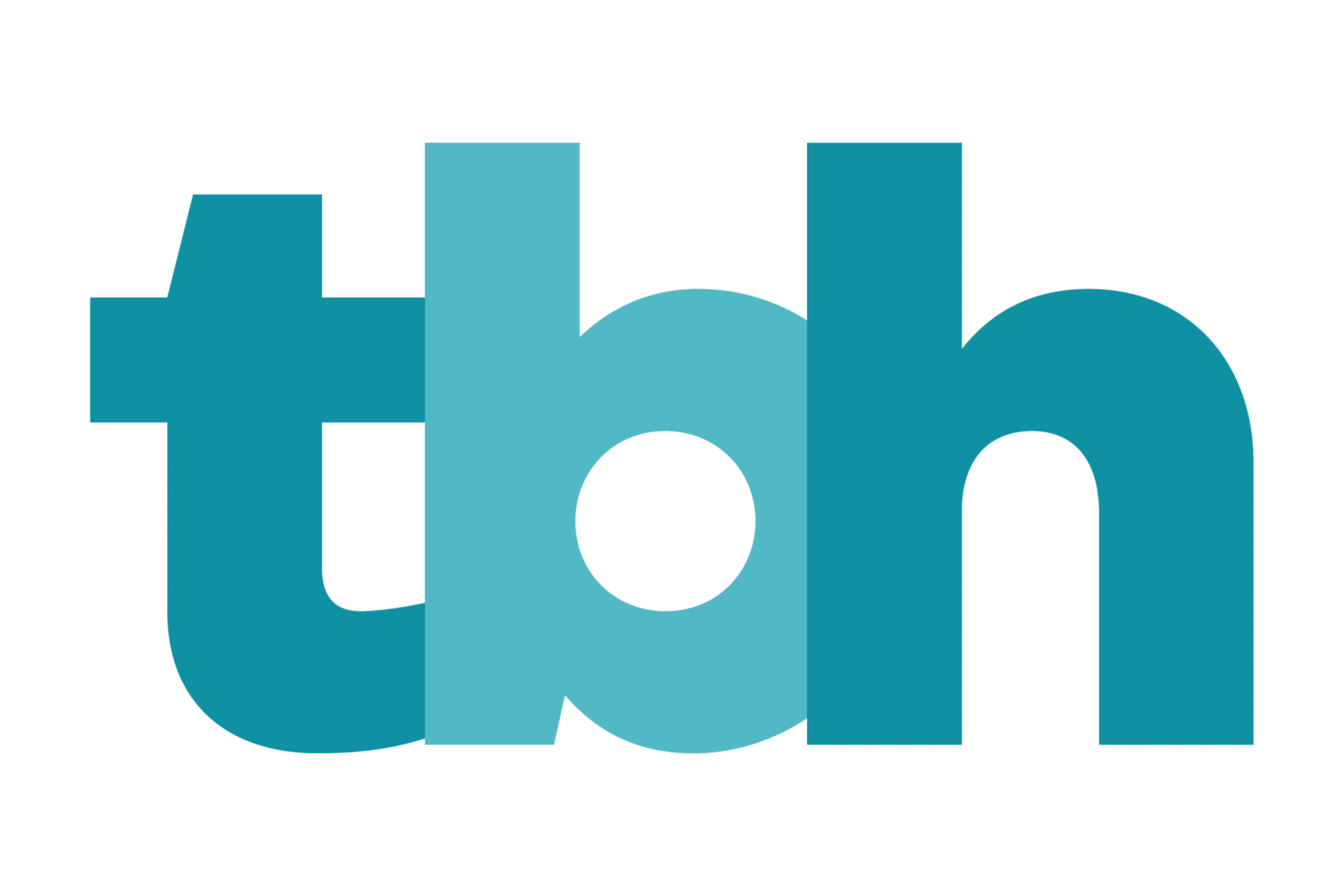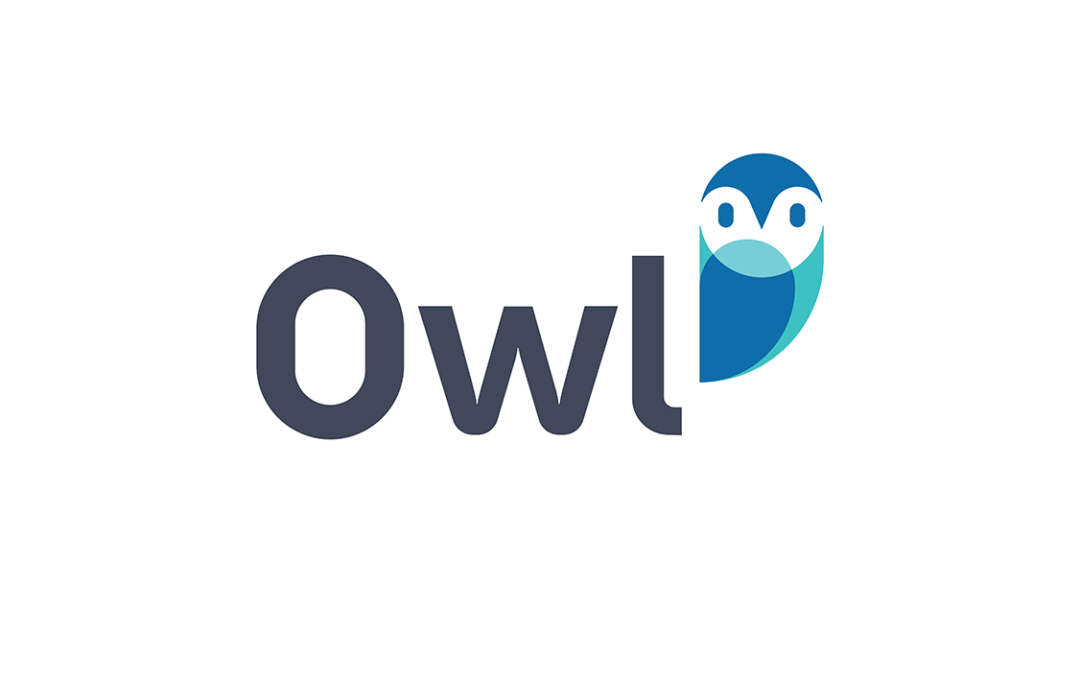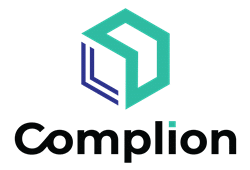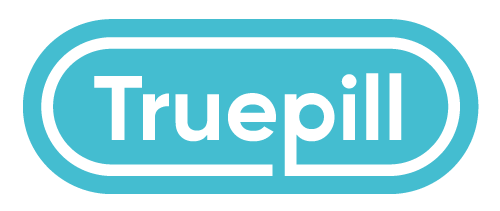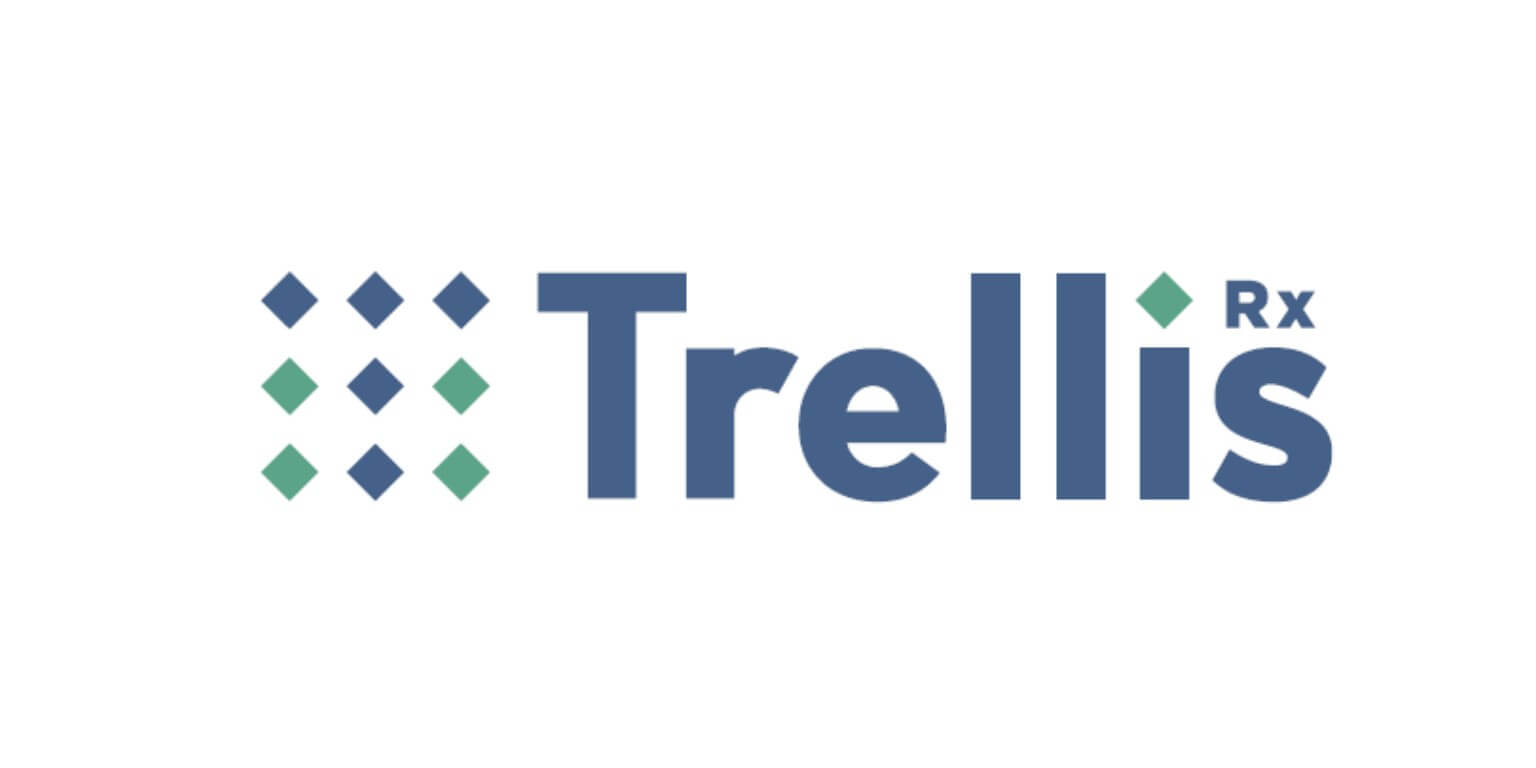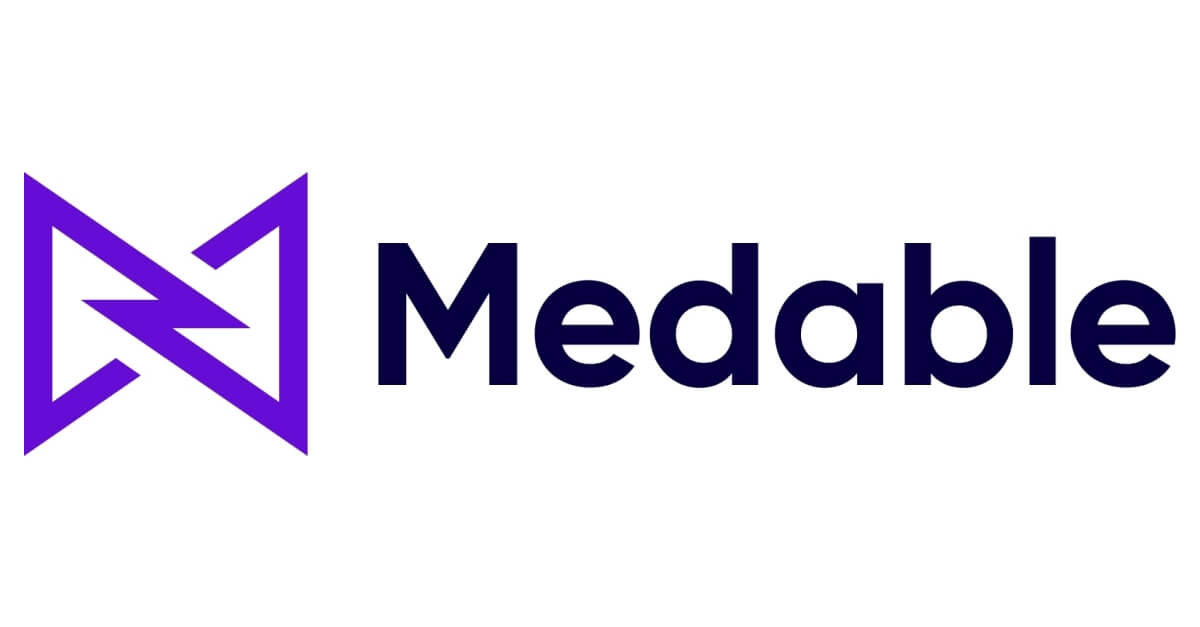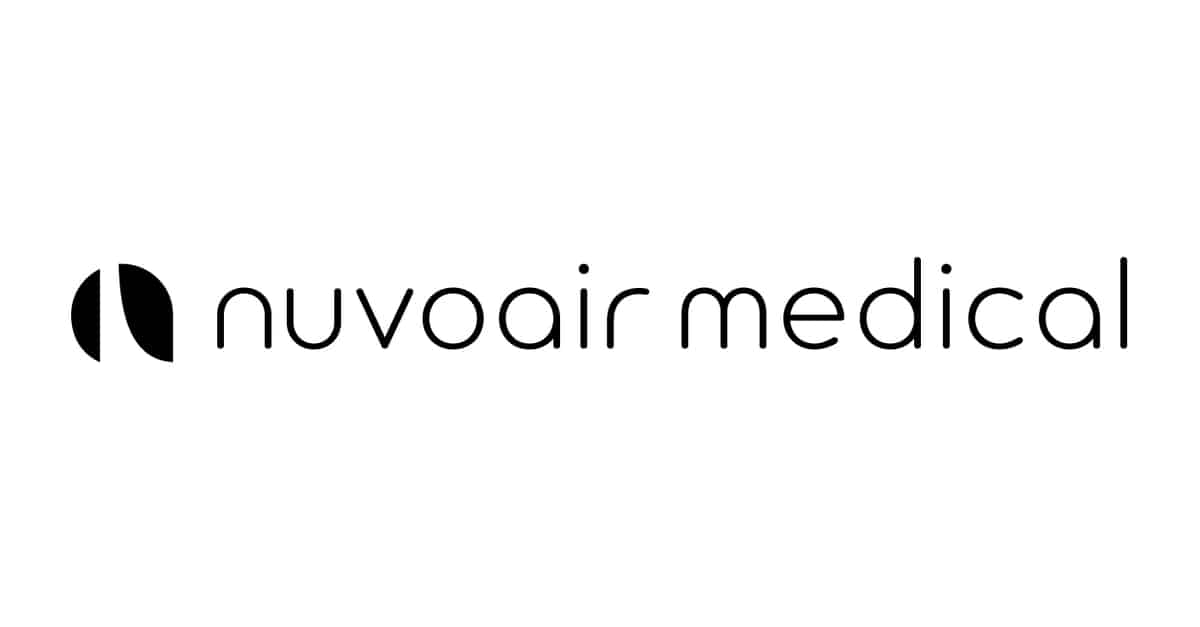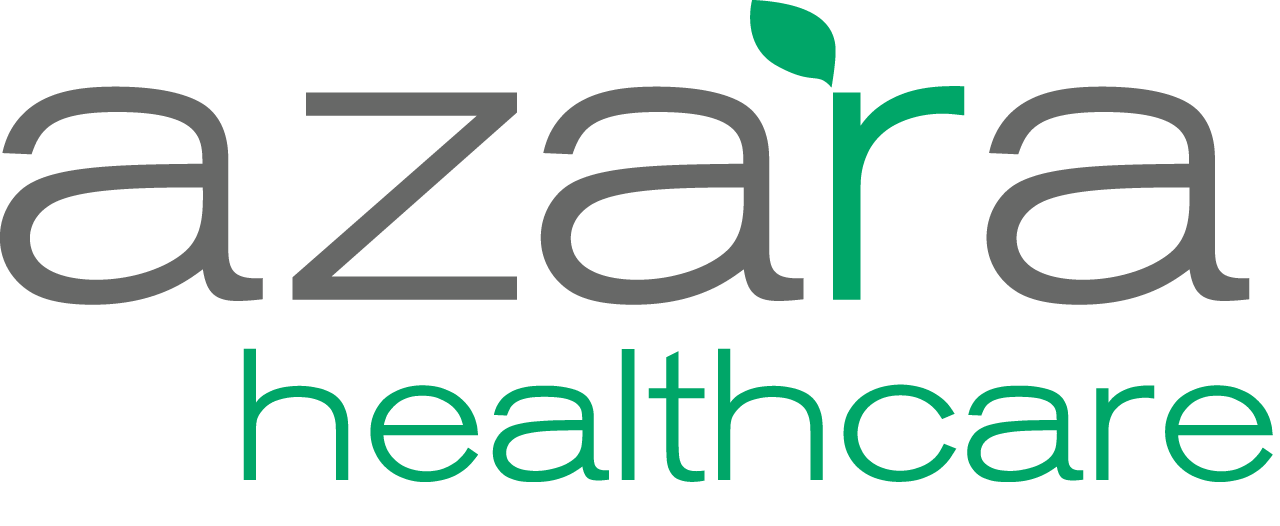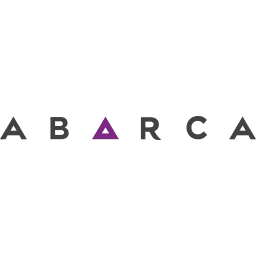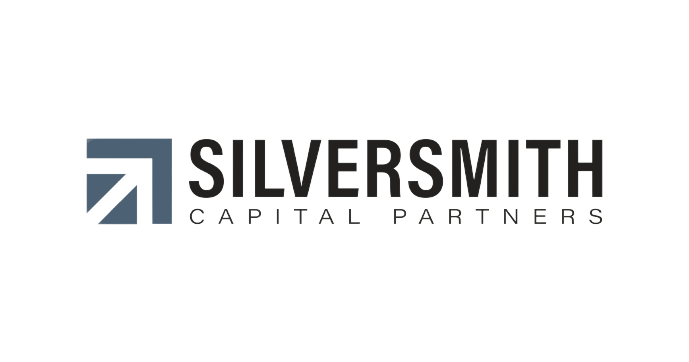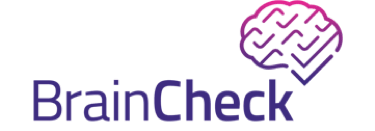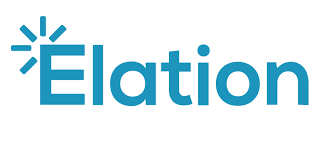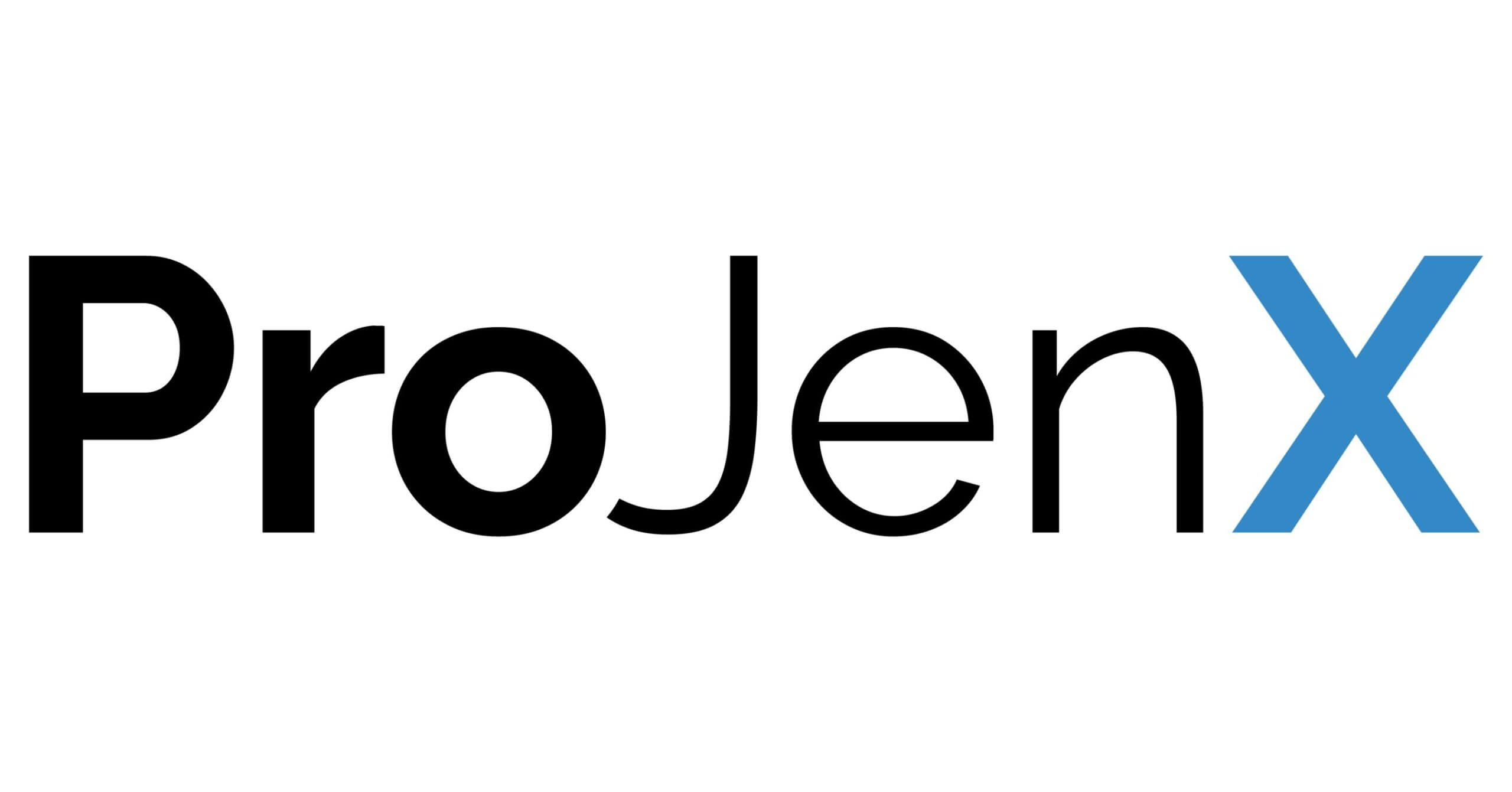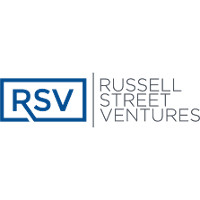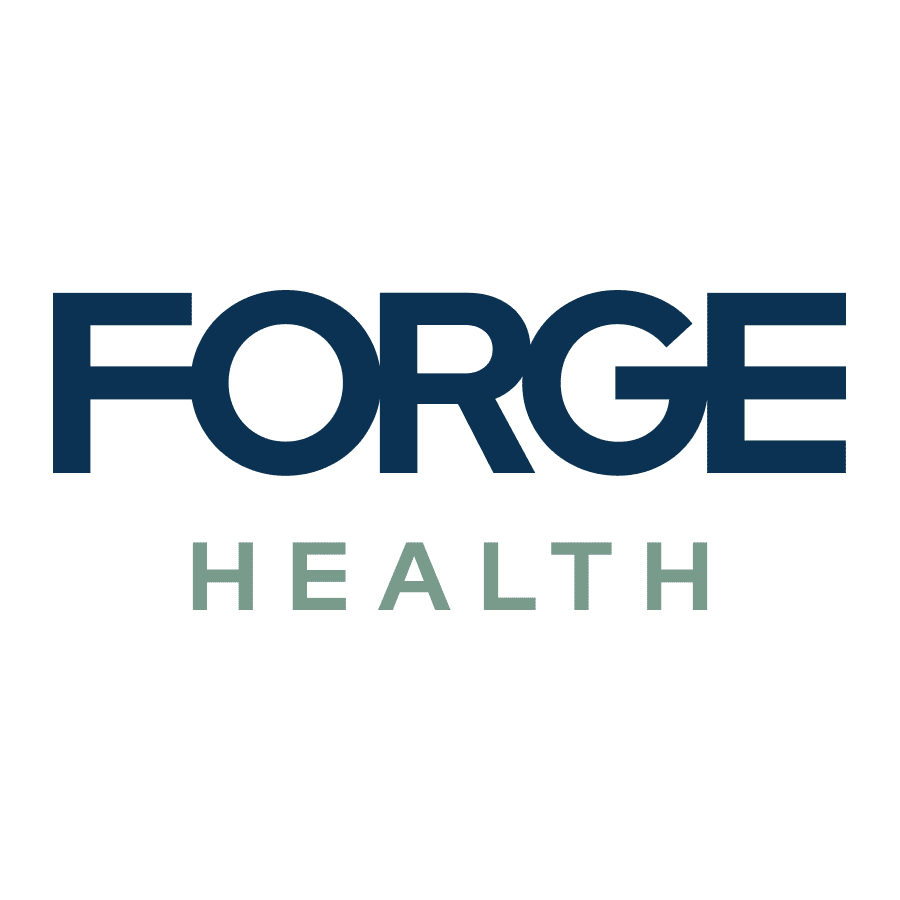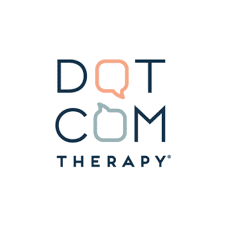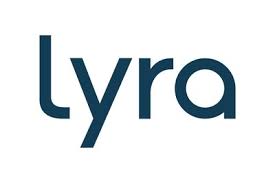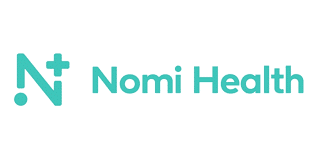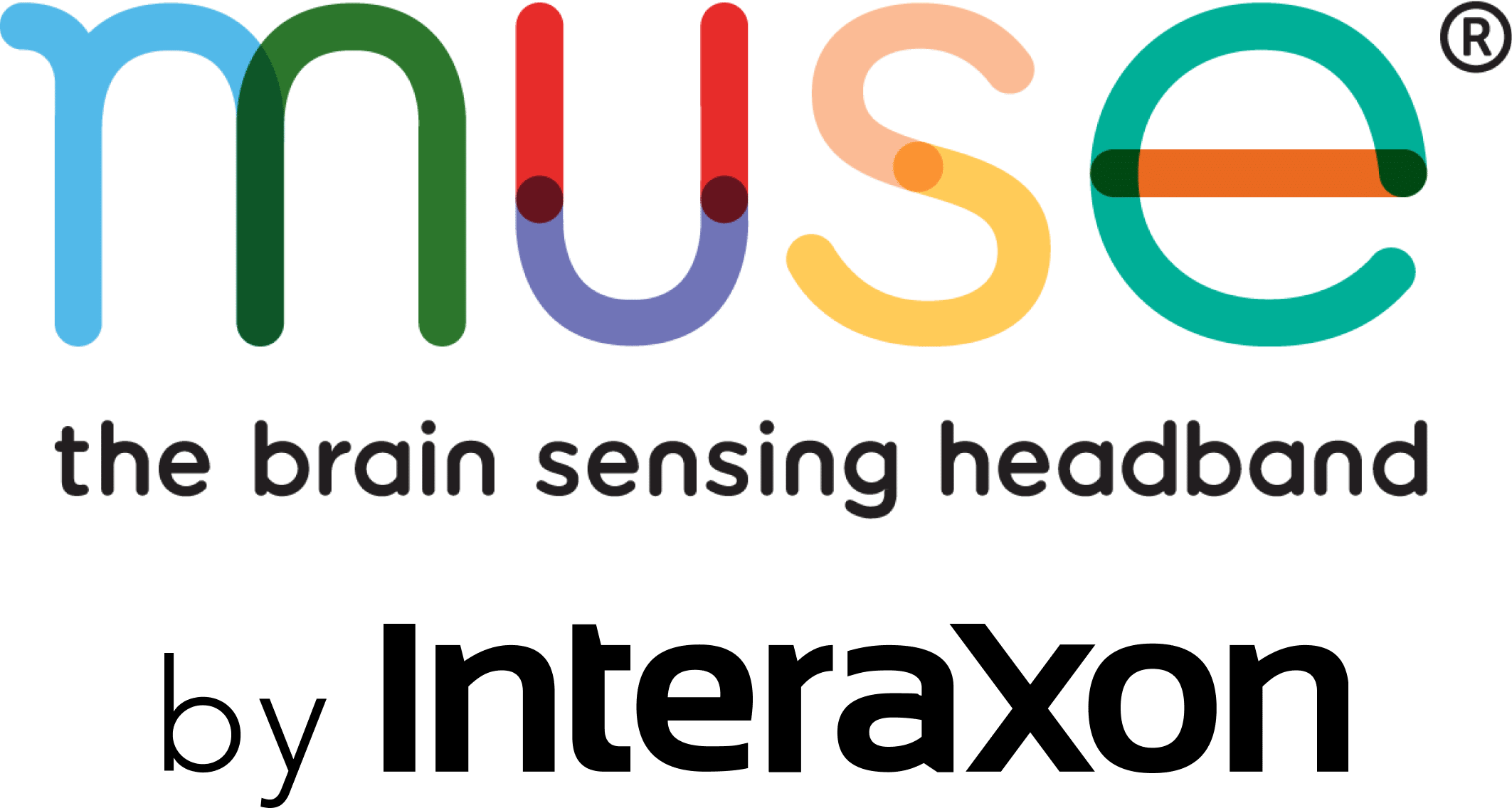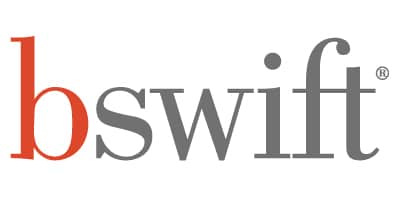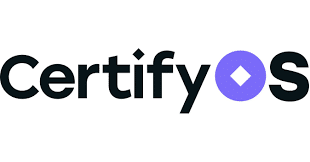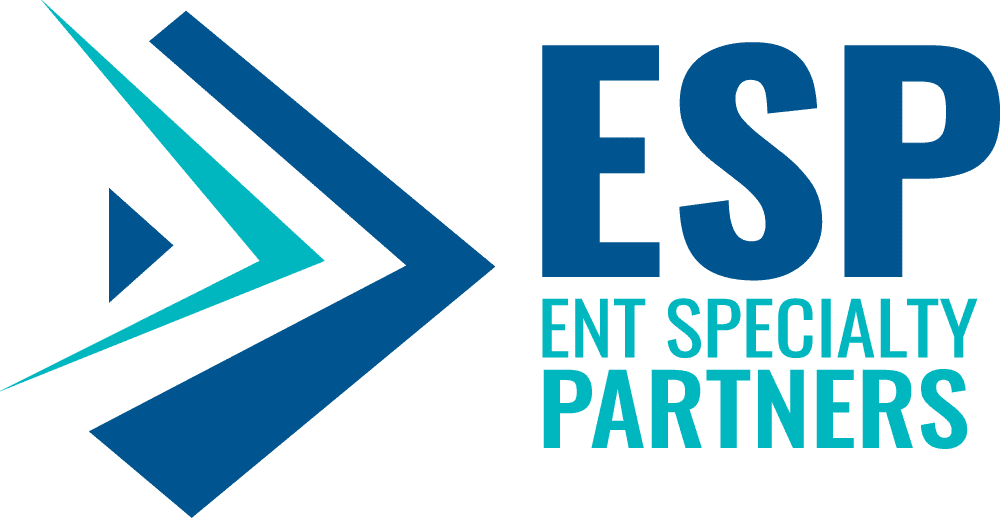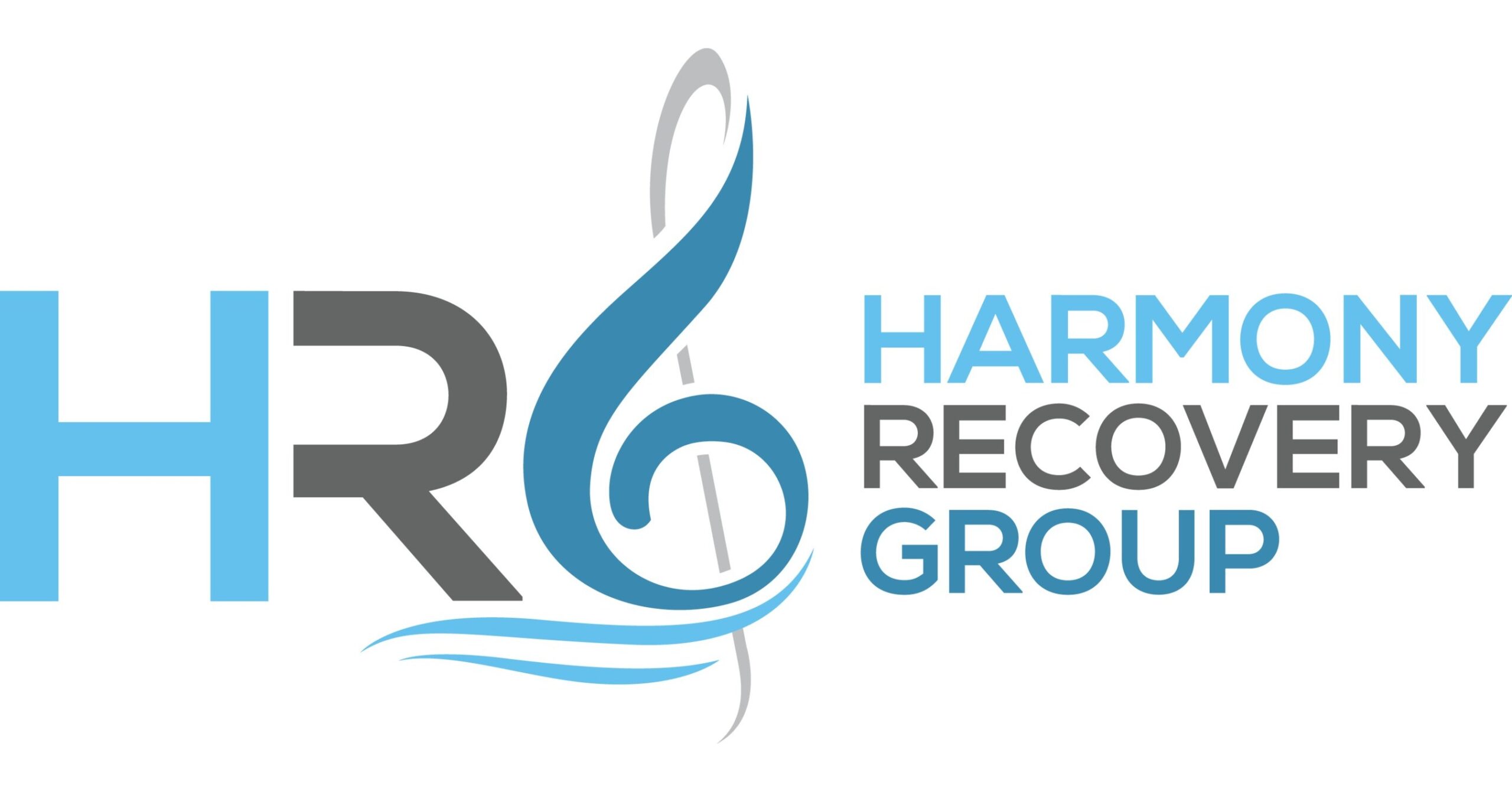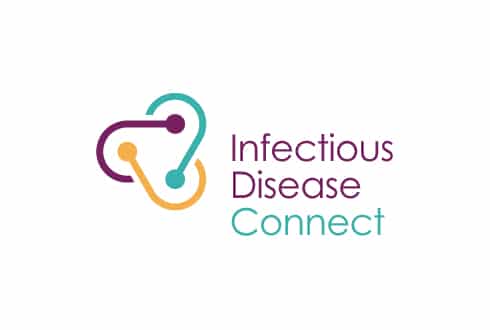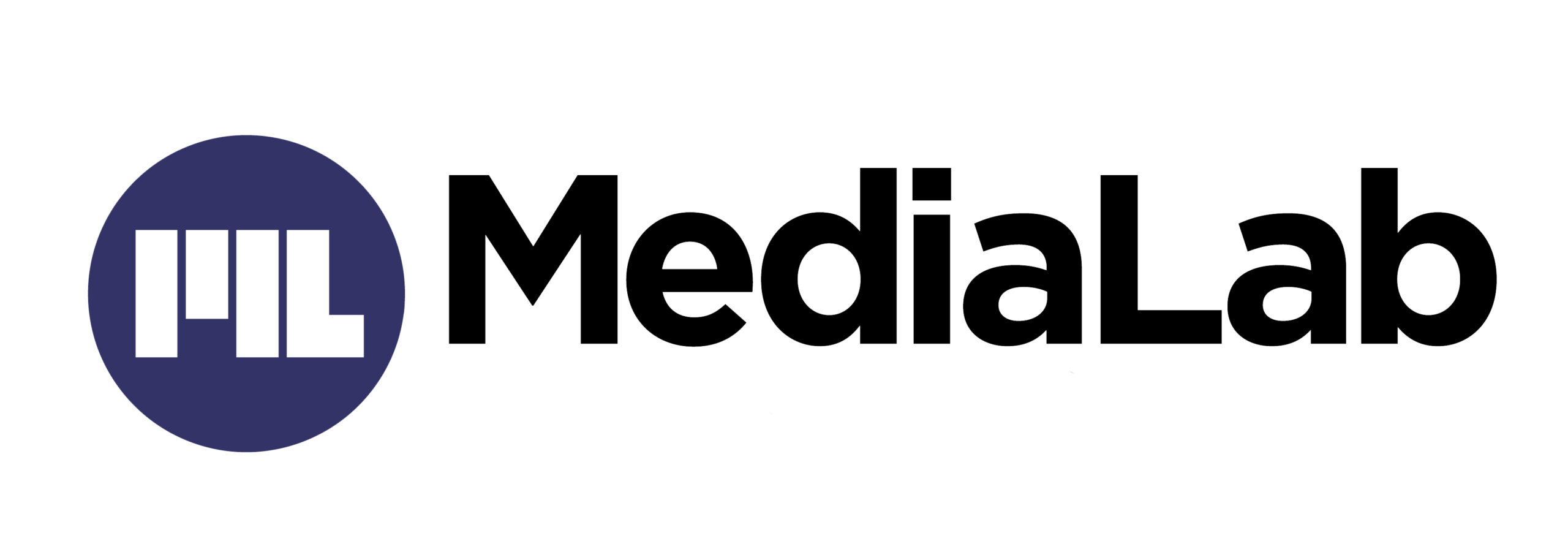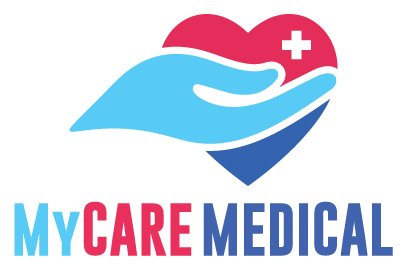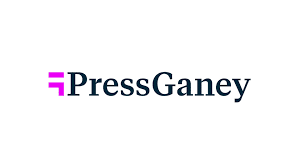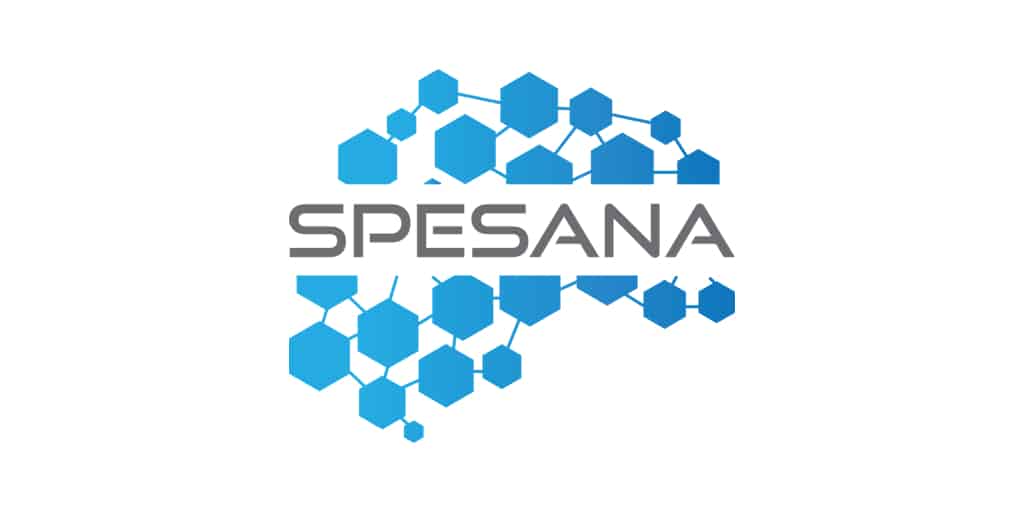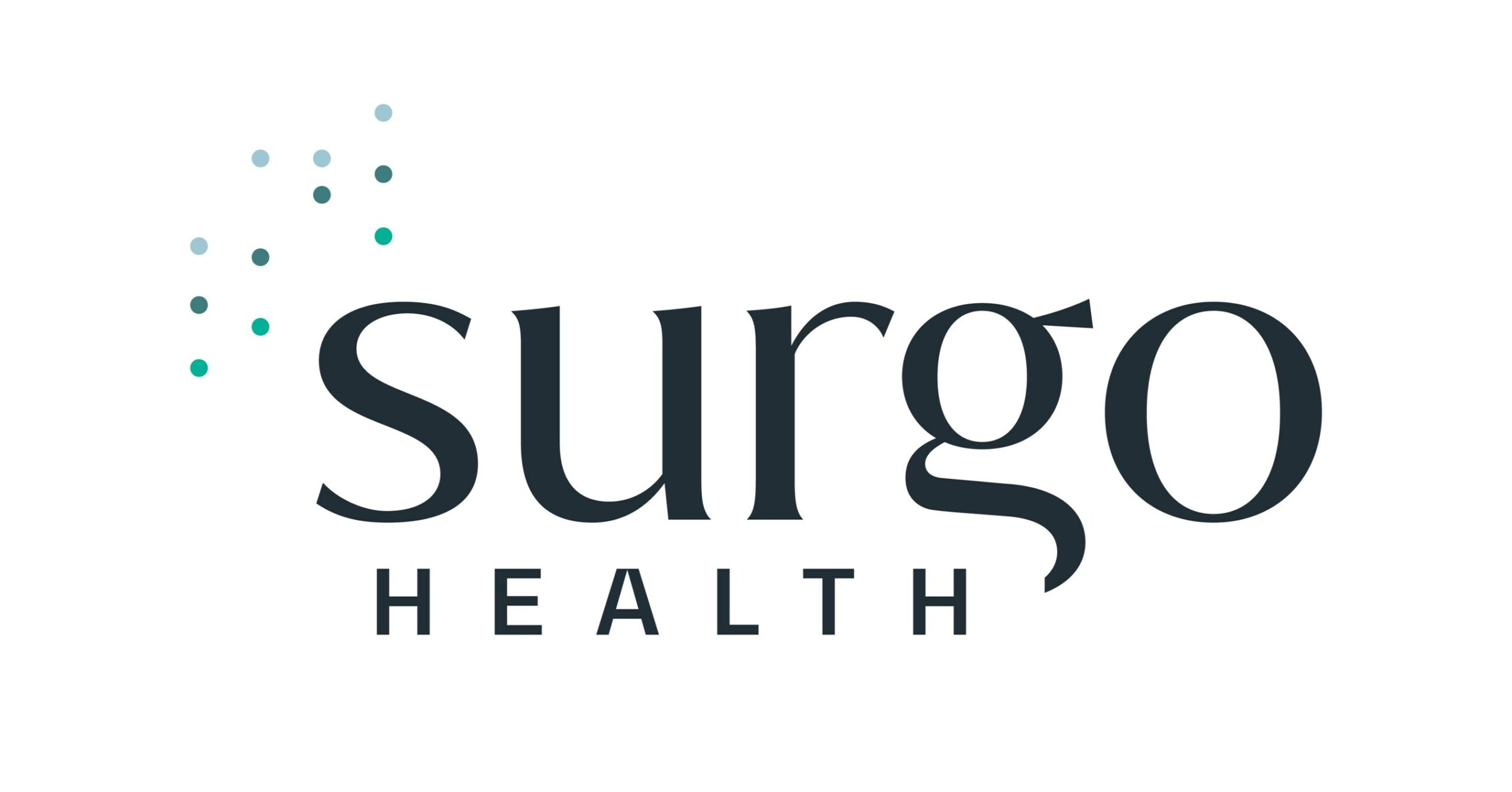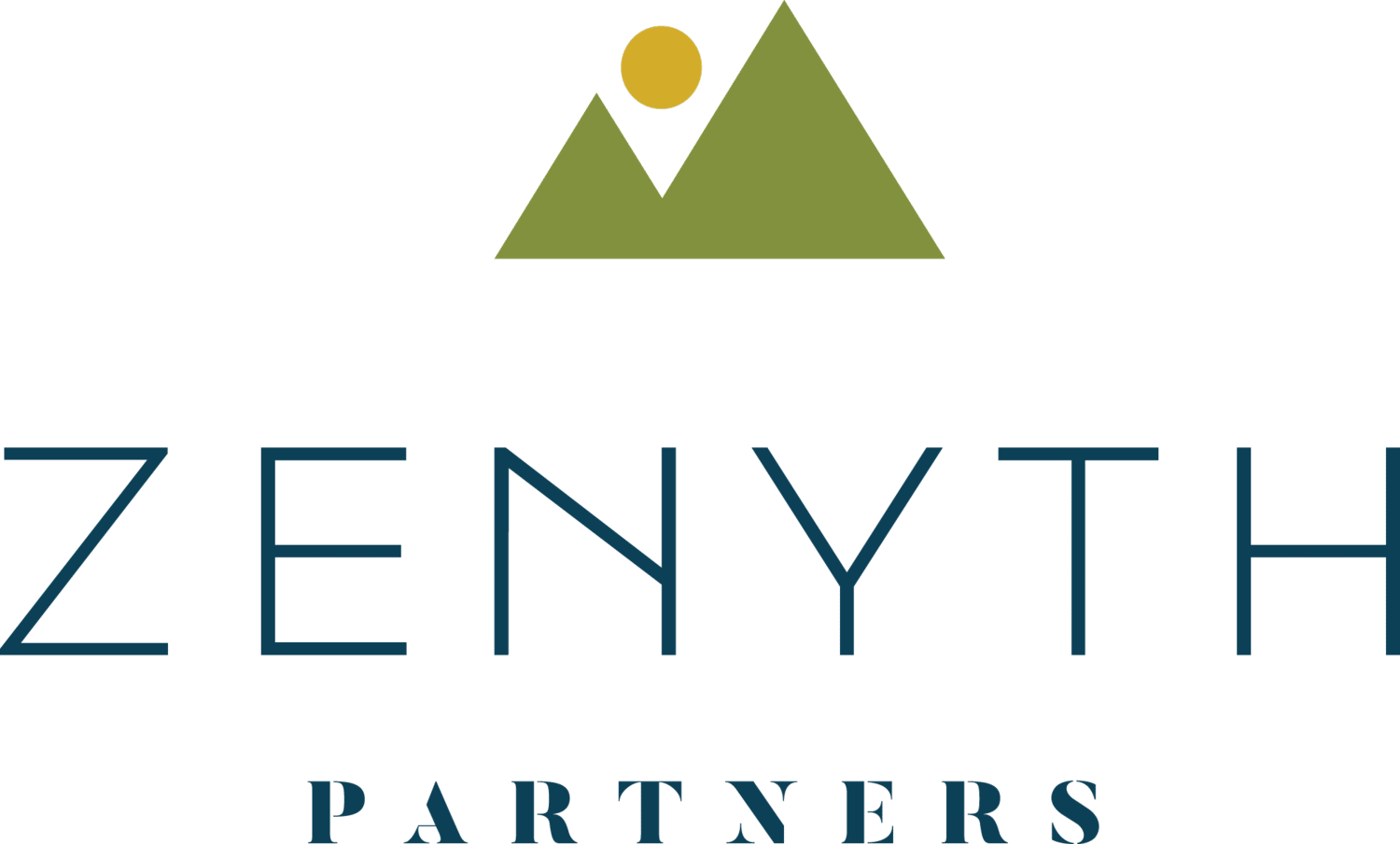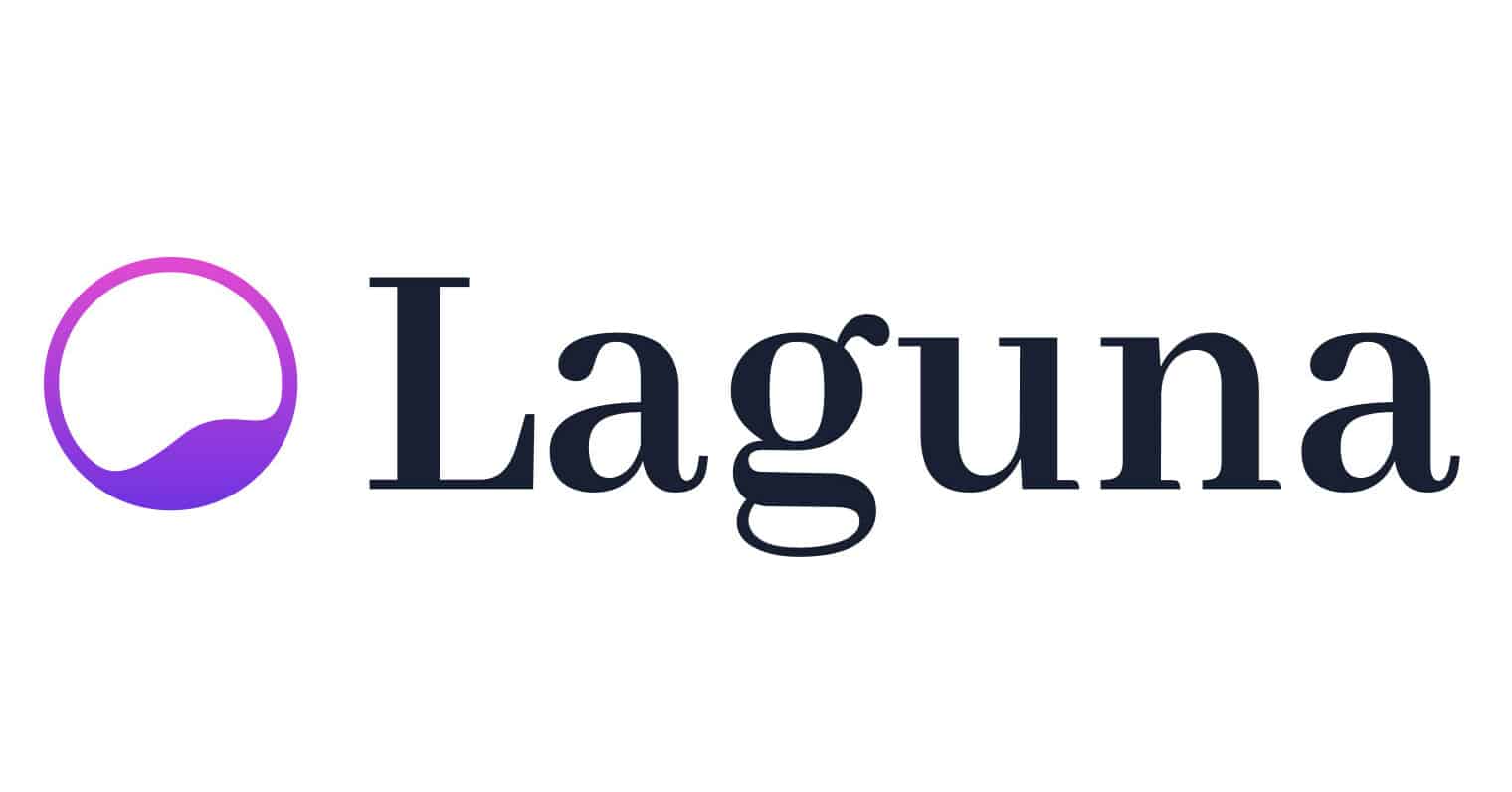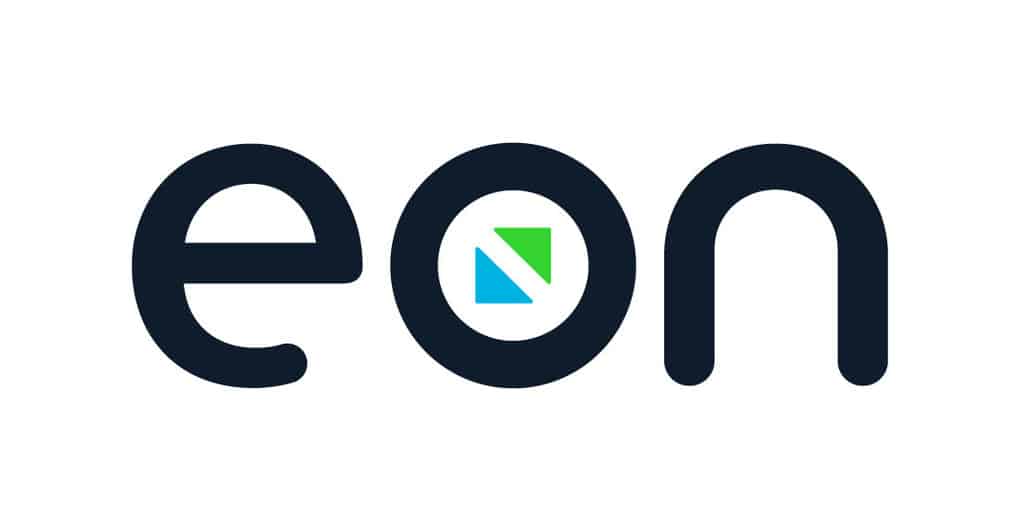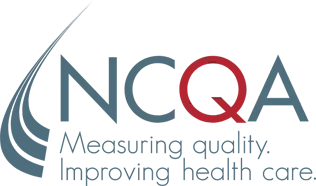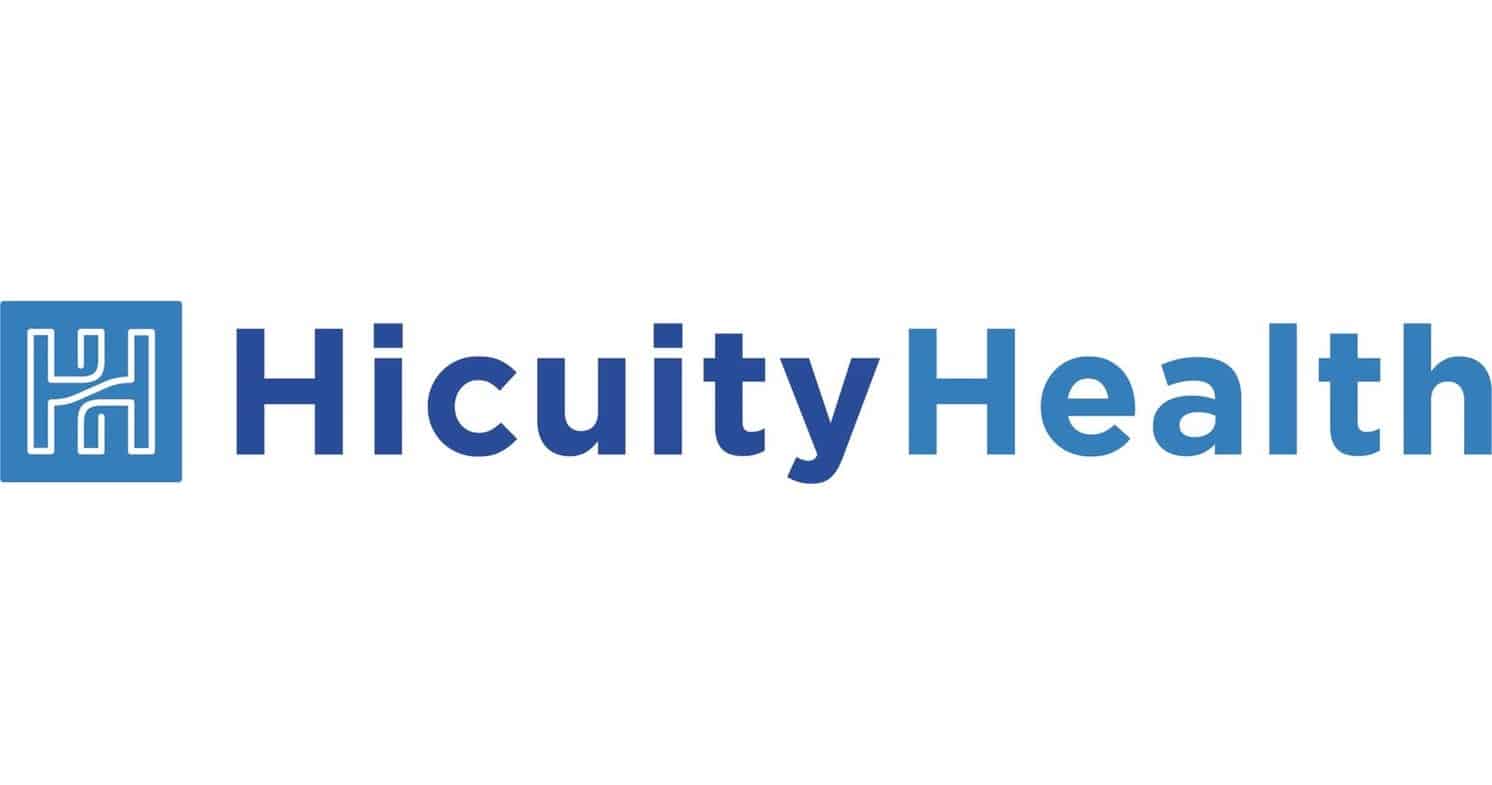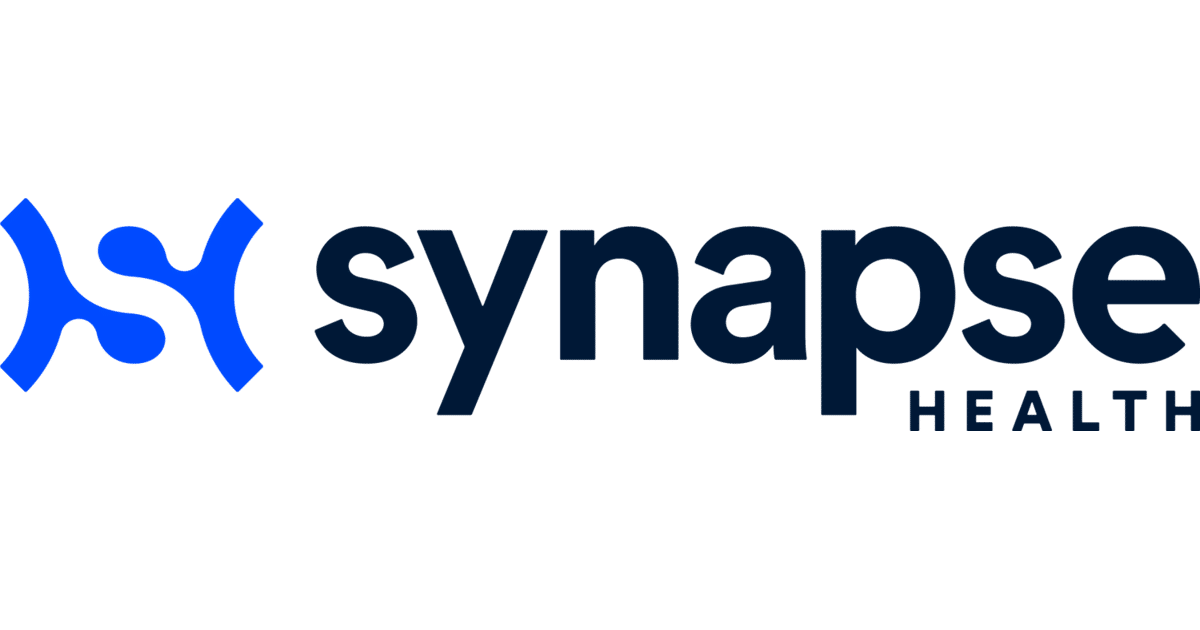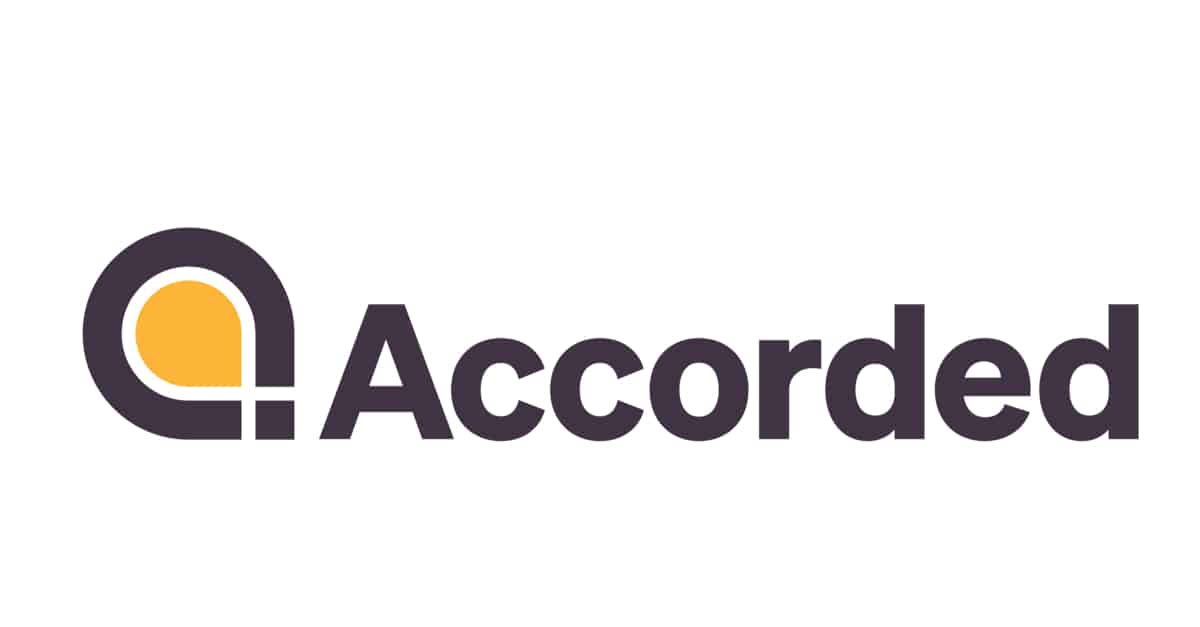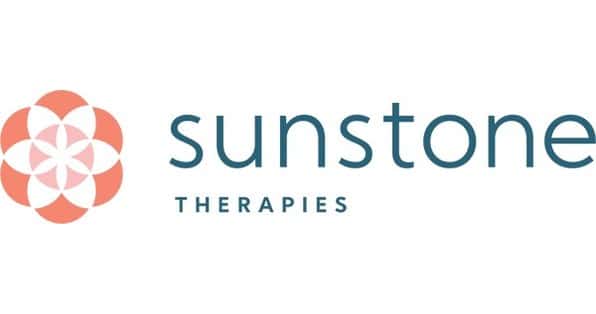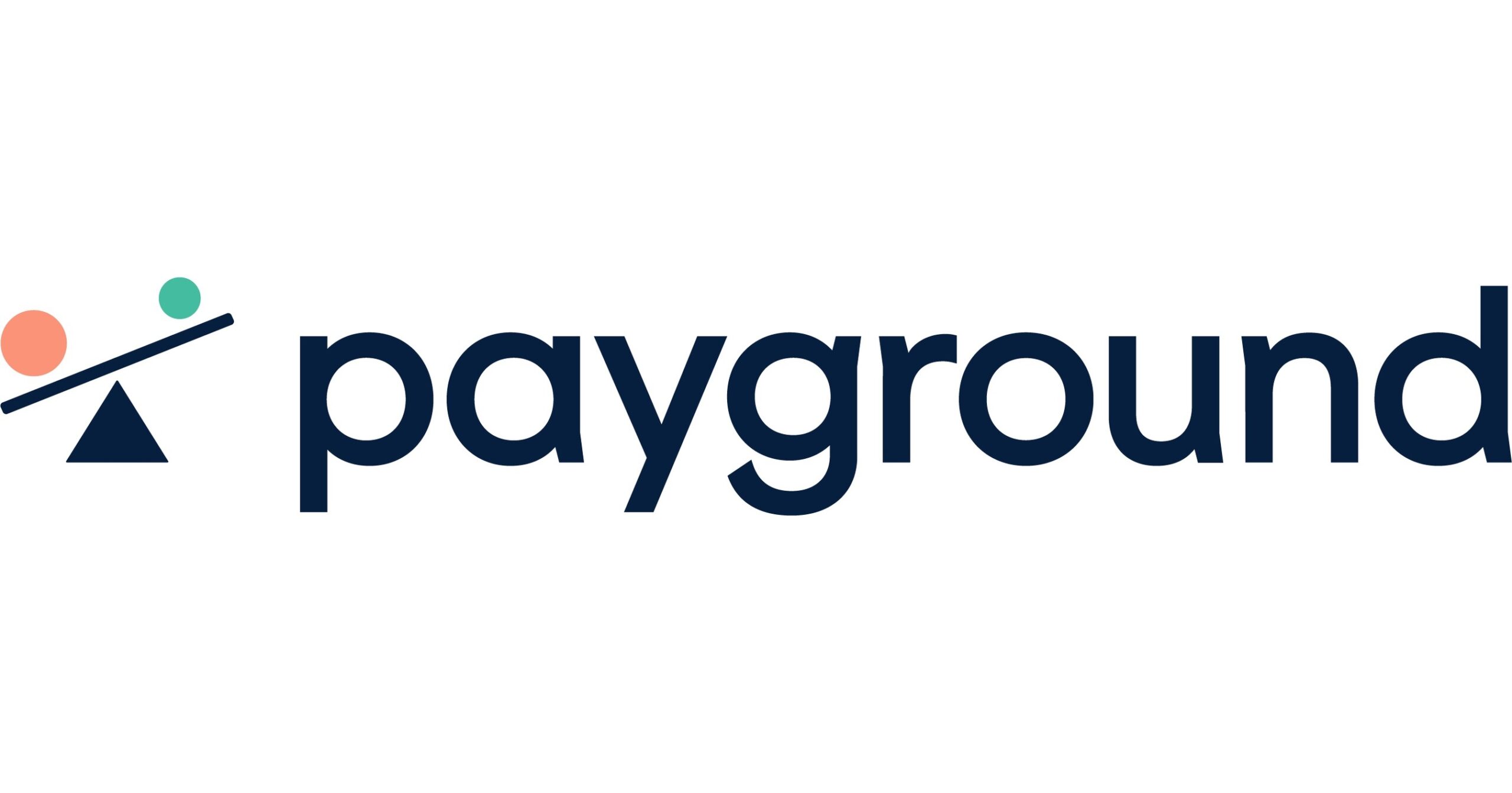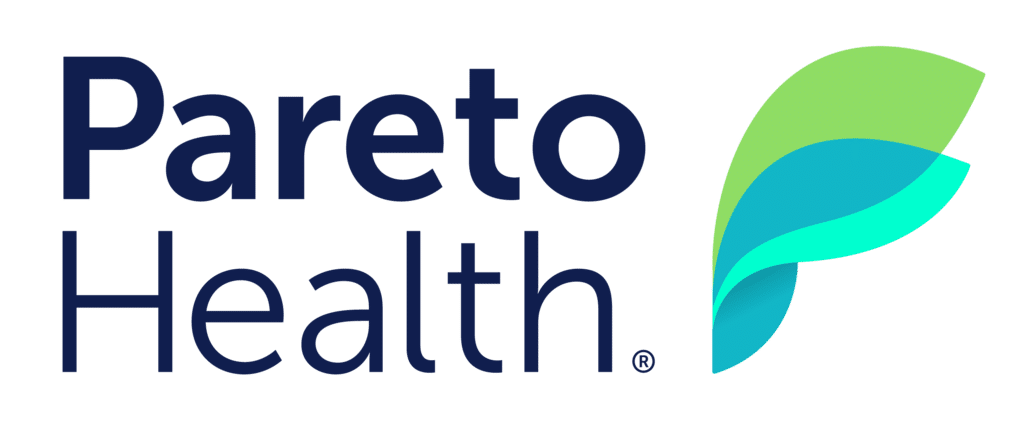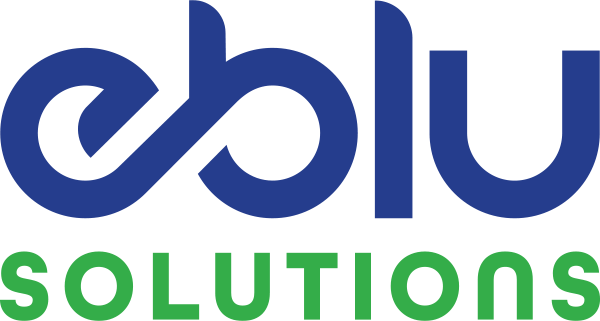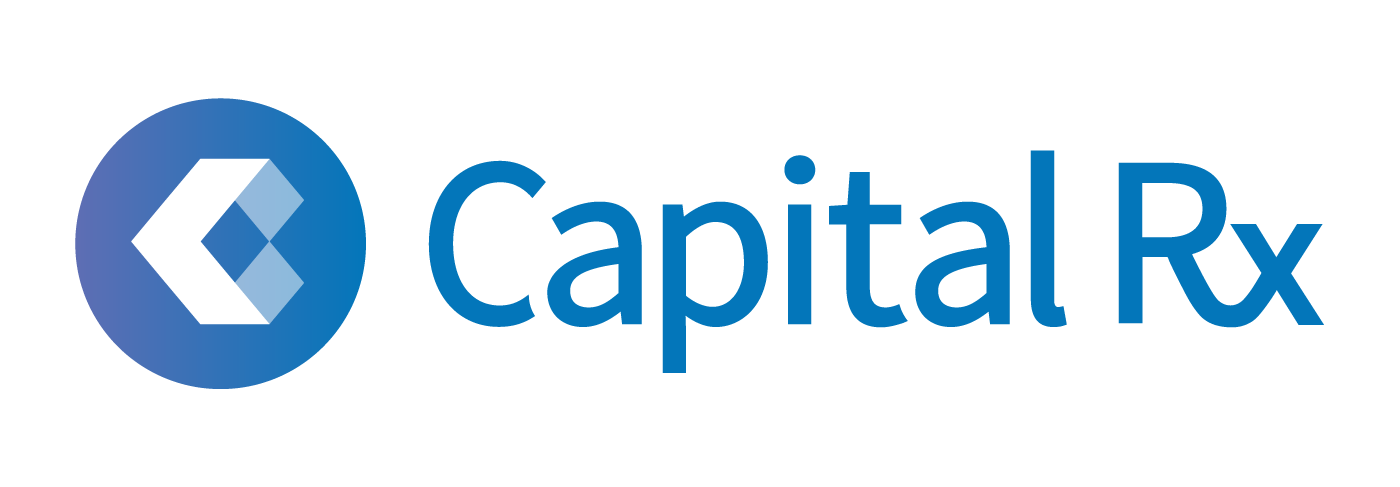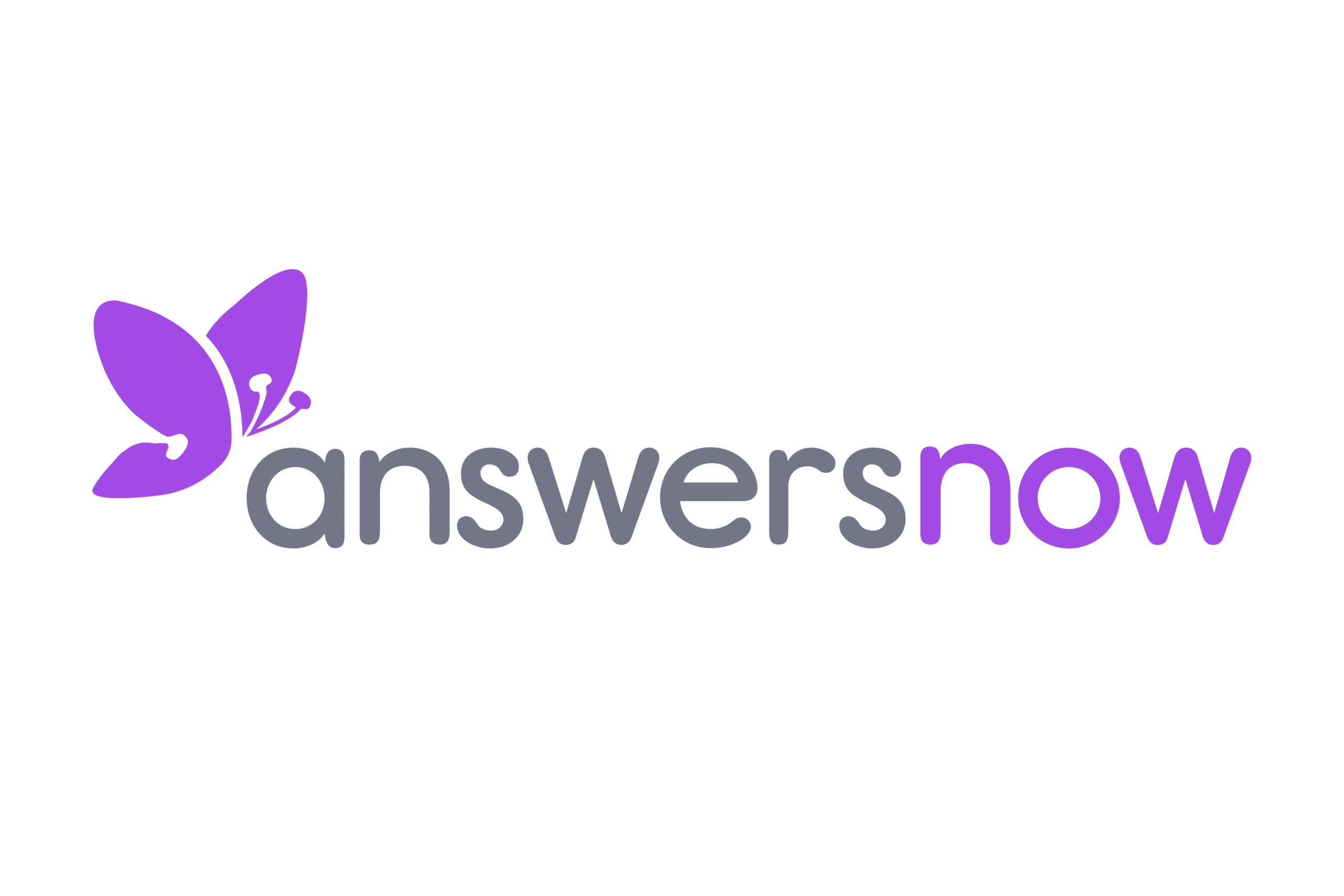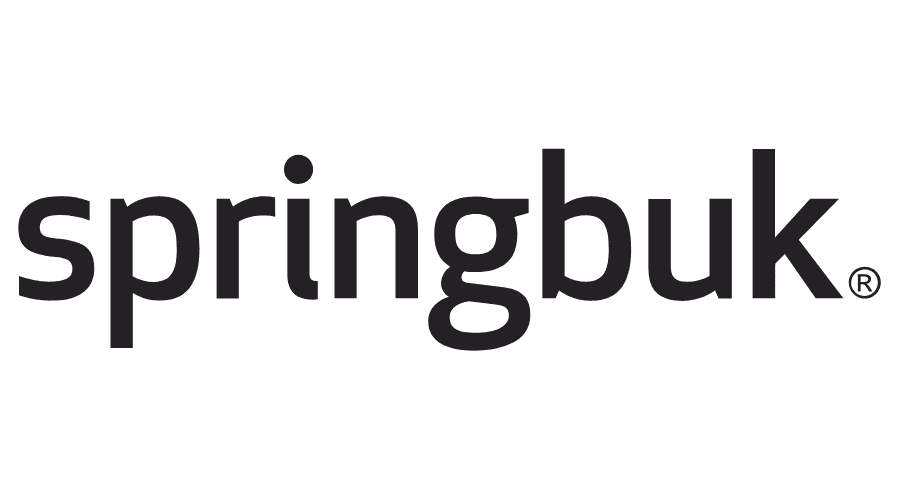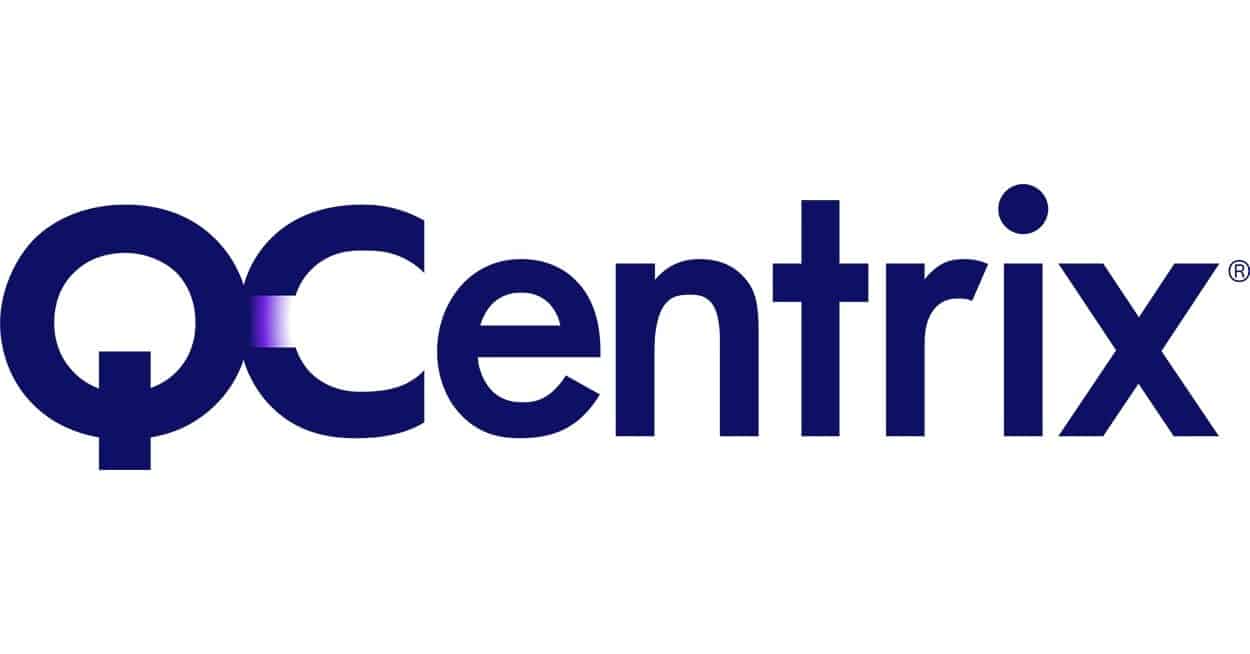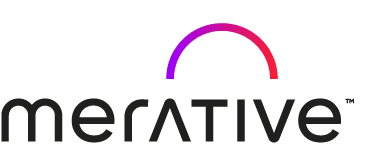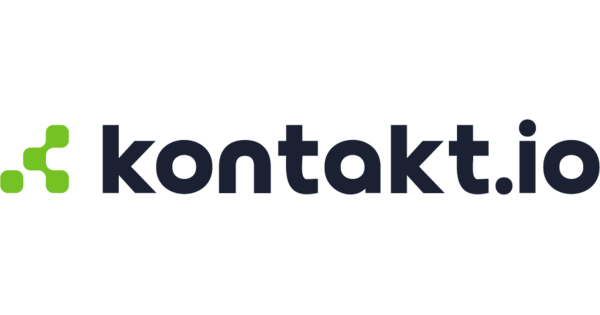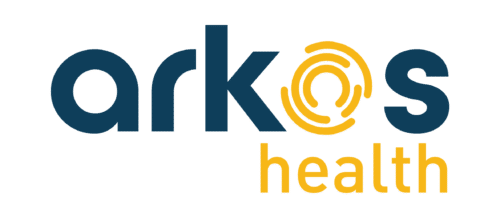Author Jim Butcher once wrote, “You don’t have to run faster than the bear to get away. You just have to run faster than the guy next to you.”
In my position at Chasm Partners, I focus solely on supporting the growth of healthcare technology companies, many of which are building, or planning to build, teams of AI engineers. Given the intensifying competition for such specialized expertise, I must ensure that our clients are suitably positioned to vie for this talent pool. Fortunately, however, we’re not trying to outrun the “bear” — we’re simply outrunning the others in our space who are vying for this talent, too.
As healthcare technology organizations increasingly integrate AI into their operations, the demand for skilled AI engineers will continue to surge, creating a pressing challenge: how to efficiently recruit top talent in this rapidly evolving field.
1. Leverage AI and ML Tools to Assess Candidates
Traditional recruitment methods often fail to identify individuals with the precise blend of technical expertise and creative problem-solving skills required in AI engineering. One effective strategy involves leveraging AI itself in the recruitment process. Automated screening tools can quickly sift through large volumes of resumes, identifying candidates with relevant skills and experiences. Machine learning algorithms like Coderbyte can even analyze candidates' coding samples or contributions to open-source projects to assess their proficiency and creativity.
2. Prioritize Soft Skills
Beyond technical competence, soft skills are also vital in AI engineering, including collaboration, communication, and adaptability. More than ever, recruiters are increasingly incorporating behavioral assessments and situational interviews to gauge candidates' abilities to work effectively within interdisciplinary teams and navigate complex challenges.
3. Level the Playing Field
In my experience, it’s often the case that AI engineers possess diverse experiences and backgrounds. For instance, one candidate might have completed a six-month stint at a FAANG organization, while another boasts over three years of hands-on AI expertise. This variance underscores the importance of investing in training programs. Such initiatives not only serve to attract highly skilled individuals to your organization but also play a pivotal role in the ongoing development of your current teams. Partnerships with universities and online learning platforms offer avenues for upskilling individuals from diverse backgrounds, fostering a more inclusive and dynamic AI workforce. By prioritizing training, you not only enhance skill sets but also bolster retention rates within your workforce.
4. Choose the Right Partner
Lastly, partnering with a trusted talent advisor is critical. Although AI has existed for years, the growth and adaptation of GenAI in healthcare is still new. A proficient advisor possesses the capability to leverage their extensive background in data and engineering recruitment, encompassing algorithms, data structures, modeling, and more. Their expertise enables them to discern the requisite tools and soft skills necessary for constructing a top-tier engineering team, thereby bolstering your AI strategy.
In conclusion, solving the issue of recruiting AI engineers requires a multifaceted approach that combines technological innovation, holistic assessment methodologies, investment in education and training, and a commitment to diversity and inclusion. By embracing these strategies, companies can effectively navigate the talent landscape and build teams capable of driving the next wave of AI innovation.
Coming Soon: DEI in AI Recruiting — Recognizing the importance of diversity in driving innovation, companies are actively seeking to recruit from underrepresented groups in AI, such as women and minorities. By promoting diversity and inclusion initiatives, organizations enrich their talent pool and cultivate a culture of innovation and empathy within their teams.
This article was written by Sharon Staggers, Principal of ChasmTeam, the non-executive recruiting division of Chasm Partners. ChasmTeam supports the growth of leading healthcare technology and healthcare services in the U.S., helping to place individual roles and build teams across all levels and functions.



